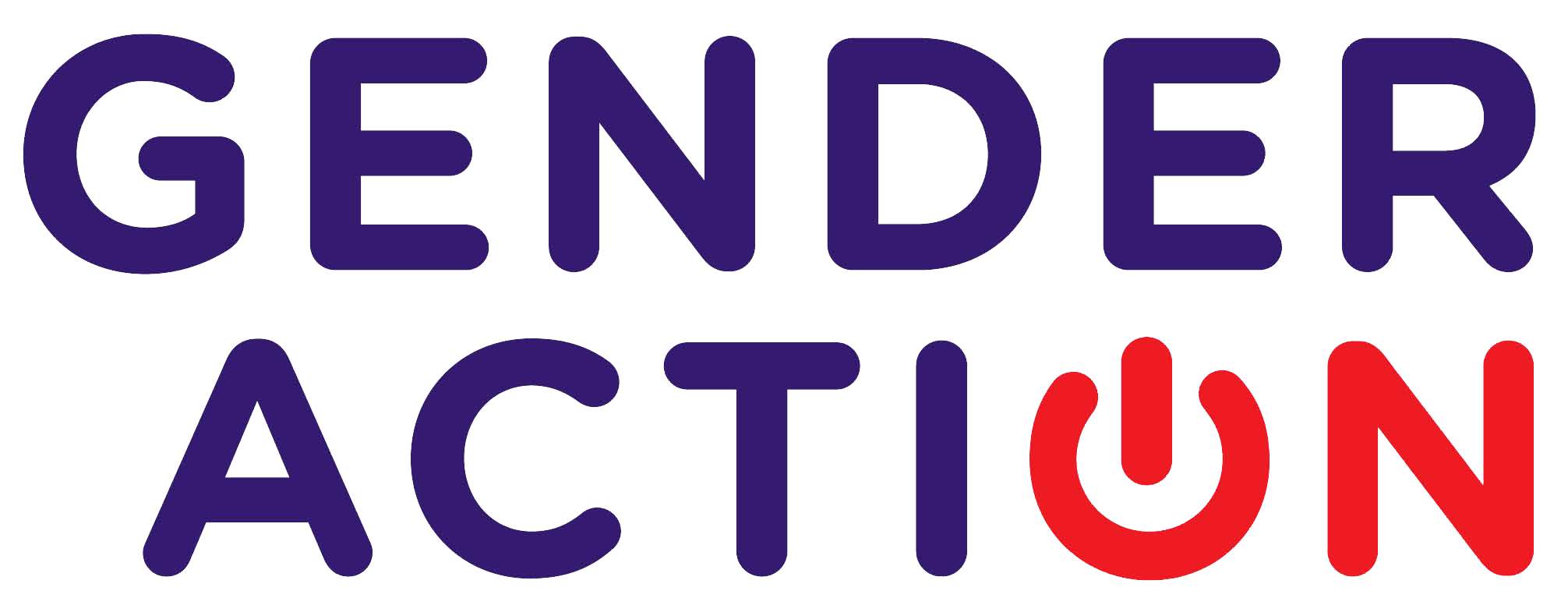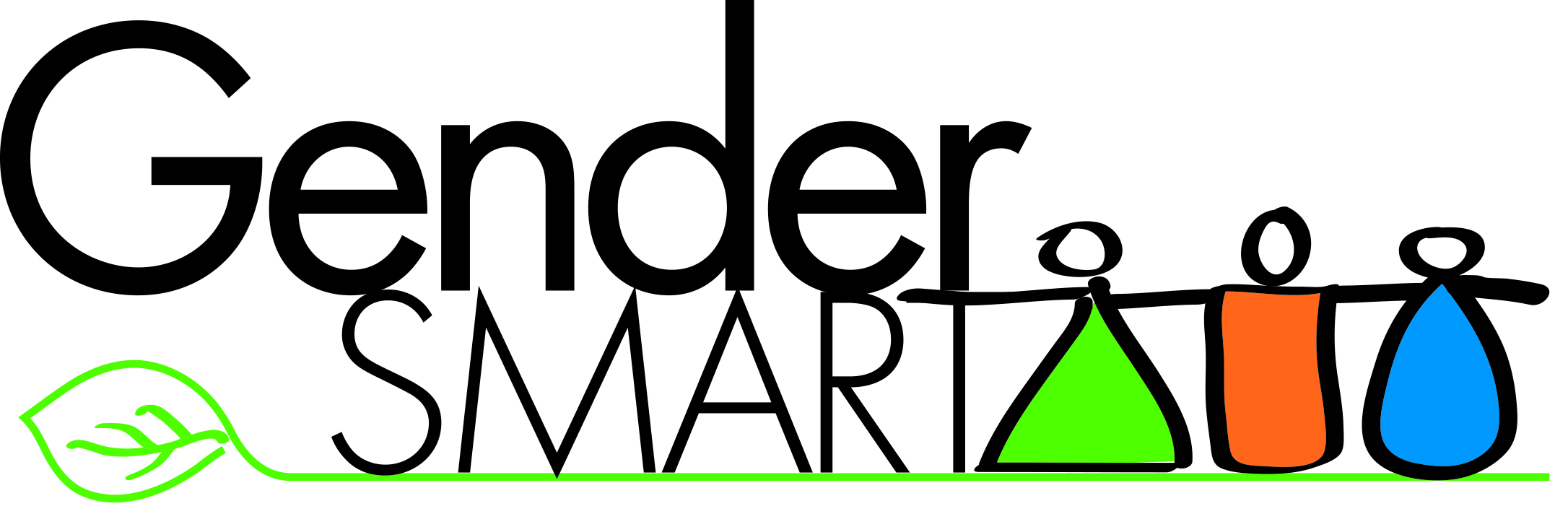International Cooperation
We have coordinated and participated in projects under the 6th Framework Programme (KNOWING, CEC-WYS, WSDEBATE, DATAWOMSCI) and the7th Framework Programme (TRIGGER, cooperation with EGERA). The NKC is a member of RINGS (International Research Association of Institutions of Advanced Gender Studies), the EWPS (European Platform of Women Scientists), eument-net (European Network of Mentoring Programmes), and ATGender. We also coordinated the Horizon 2020 project GENDERACTION, designed to supports gender equality in the European Research Area. Since 2019 we have been involved in the GE Academy and Gender-SMART projects.
The objective of GENDERACTION is to create an innovative policy community for the implementation of the gender priority in the European Research Area (ERA) by setting up a network of representatives appointed by national authorities in thirteen Member States and Associated Countries, with three Associate Partners. The goal is to foster policy coordination among Member States and Horizon 2020 and build competences for gender equality in research and innovation among various types of European and national stakeholders.
The network will map, monitor and assess implementation of actions foreseen in priority 4 gender equality and gender mainstreaming in the national ERA roadmaps of the participating countries; foster exchange and mutual learning among representatives of national authorities in order to achieve policy coordination in priority 4; provide various trainings to relevant stakeholders such as national authorities, RFOs and RPOs and NCPs with a view to building competences in priority 4; give strategic advice to key stakeholders on gender equality in research and innovation in Europe and beyond; foster the inclusion of gender equality in international cooperation in science, technology and innovation, and disseminate its results.
The general goal of the Gender Equality Academy project is to develop and implement a coherent and high-quality capacity-building programme on gender equality in research and innovation as well as in Higher Education. GE Academy will develop and provide a series of comprehensive training formats and tailor-made training materials for trainers, practitioners and researchers, making these available to the widest possible audience in Europe and beyond. The GE Academy, with its full capacity-building programme including different training formats (Train-the-Trainers, physical trainings and interactive workshops, Summer Schools, webinars, online Distributed Open Collaborative Courses), will be built and executed in at least 15 countries. NKC – Gender & Science will be in charge of developing and implementing assessment of the needs of institutional actors and will oversee the quality of the project. The project will last until 2021.
The project, funded by the EU Horizon 2020 programme, associates seven organizations (from Cyprus, France, Ireland, Italy, the Netherlands and Spain) from agricultural and life sciences and two specialist technical partners (from Belgium and the Czech Republic). For each of the seven organizations, the aim will be to adapt its action plan to its reality, taking existing inequalities and bias as its starting point and building a research and training offering that covers gender issues. The Centre for Gender and Science is in charge of monitoring and evaluating of individual gender equality plans and their implementation in institutions, and evaluating the overall functioning of the project and the work of the international consortium.
The Horizon 2020 CASPER project examine sthe feasibility of establishing a European award/certification system for gender equality with a focus on the organizational level. Based upon an extensive assessment of available systems and needs across Europe and beyond, the aim is to develop and evaluate three possible scenarios that pave the ground for a realistic EU wide award/certification framework.
Overall, three objectives are pursued. Firstly, to map and assess existing award and certification systems for gender equality (and related schemes) and to compile existing needs for such a system on the European level. Secondly, design three different award/certification scenarios and assess the feasibility of these scenarios plus a fourth no-action scenario along several dimensions (three + no-action scenario). And thirdly, prepare the grounds for a successful roll-out of a European award/certification scheme.
UniSAFE is a nine-partner EU funded project that aims to produce better knowledge on gender-based violence in research performing and funding organisations, and to translate this knowledge into operational tools for higher education, research organisations and policymakers. As a result of the multi-field design, the project will provide in-depth knowledge of existing problems on the one hand, and current and future priorities on the other. The project will take place over a 3-year period, and will contribute to the combating, reduction and eradication of gender-based violence in Europe and European higher education.
The International Research Association of Institutions of Advanced Gender Studies was formed in 2014. The RINGS connects leading research institutes and centres across the world, with the aims to facilitate collaboration and contacts within gender studies across the world.




